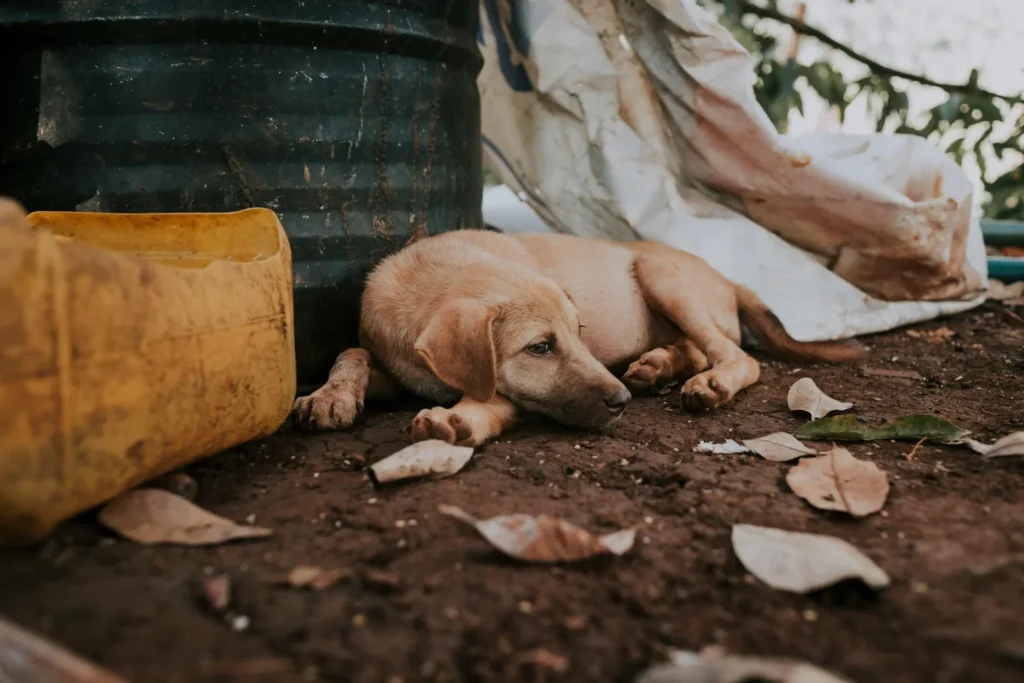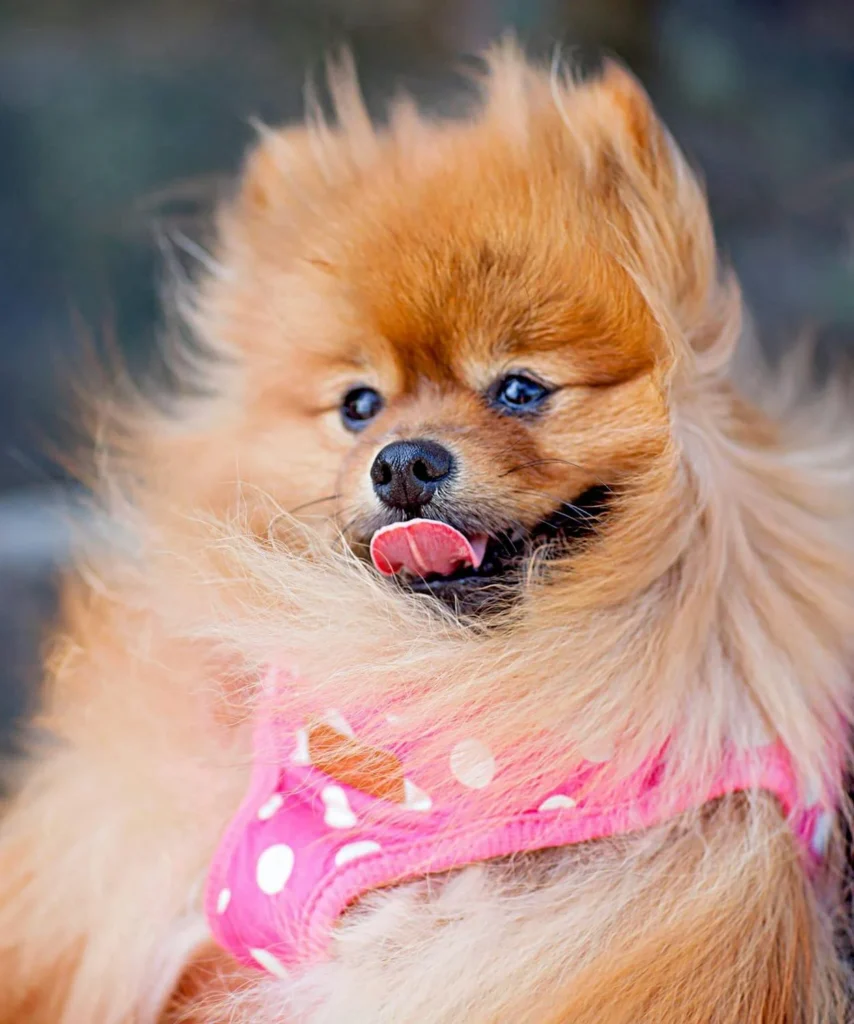Introduction to Corgis and Their Affectionate Nature 🌟
Corgis, those adorable low-riders of the dog world with their fox-like faces and heart-melting smiles, have captured hearts worldwide. But one question frequently appears on every potential corgi parent’s mind: “Do corgis like to cuddle?” The short answer is yes, but there’s so much more to understand about these fascinating creatures and their cuddling preferences.
Originally bred as herding dogs in Wales, Pembroke Welsh Corgis and Cardigan Welsh Corgis have evolved from dedicated working dogs to beloved family companions. Their history as herding dogs has shaped their personality, including their approach to physical affection and cuddling.
Quick Facts About Corgi Affection 📊
| Trait | Description | Rating (1-5) |
|---|---|---|
| General Affection Level | Moderately to highly affectionate | ⭐⭐⭐⭐ |
| Cuddling Tendency | Varies by individual | ⭐⭐⭐ |
| Family Bonding | Strong family attachment | ⭐⭐⭐⭐⭐ |
| Independence Level | Moderately independent | ⭐⭐⭐ |
| Social Nature | Highly social | ⭐⭐⭐⭐⭐ |
Understanding Corgi Personality Traits 🐕
Before diving deep into their cuddling behavior, it’s essential to understand the general personality traits that make corgis unique:
Intelligence 🧠
- Ranked among the top 15 most intelligent dog breeds
- Quick learners with excellent problem-solving abilities
- Need mental stimulation to stay happy
Energy Level ⚡
- High energy dogs requiring regular exercise
- Active lifestyle can impact cuddling preferences
- Need 1-2 hours of daily activity
Social Nature 👥
- Naturally social and people-oriented
- Strong herding instincts that affect interaction style
- Generally good with children and other pets
Comparing Pembroke vs Cardigan Welsh Corgis’ Affection Styles
| Characteristic | Pembroke Welsh Corgi | Cardigan Welsh Corgi |
|---|---|---|
| General Temperament | More outgoing | Slightly more reserved |
| Affection Style | Quick to show affection | Takes time to warm up |
| Cuddling Preference | Often seeks attention | More independent |
| Family Bonding | Strong, immediate | Develops gradually |
| Stranger Interaction | Friendly | Cautious |
The Science Behind Corgi Cuddles 🔬
Understanding the science behind why corgis cuddle can help us better appreciate and nurture this behavior:
Oxytocin Release 💕
- Physical contact triggers oxytocin release in both dogs and humans
- Known as the “love hormone” or “bonding hormone”
- Strengthens the human-animal bond
Evolutionary Aspects
- Pack mentality influences cuddling behavior
- Physical closeness provides security and warmth
- Social bonding through touch is instinctual
Temperature Regulation
Corgis may seek cuddles for practical reasons:
- Body heat sharing in cold weather
- Comfort seeking during stress
- Pack behavior manifestation
Different Types of Corgi Affection 🤗
Corgis show their love in various ways, not just through traditional cuddling:
Physical Contact Types
- Lean-ins
- Paw touches
- Head rests
- Full body snuggles
- Belly-up position
Non-Physical Affection Signs
- Following you around
- Eye contact
- Tail wagging
- Excited greetings
- Bringing toys
Affection Style Comparison Chart
| Affection Type | Description | Frequency | Meaning |
|---|---|---|---|
| Leaning | Physical pressure against person | Very Common | Trust & affection |
| Paw Touch | Gentle paw placement | Common | Attention seeking |
| Head Rest | Resting head on lap/body | Common | Comfort & trust |
| Full Cuddle | Complete body contact | Varies | Deep trust |
| Belly Show | Exposing vulnerable belly | Common | Ultimate trust |
Factors Affecting Corgi Cuddling Behavior 🔄
Several factors influence how cuddly your corgi might be:
Genetic Factors
- Individual personality
- Breeding background
- Family line temperament
Environmental Factors
- Early socialization
- Living conditions
- Daily routine
- Family dynamics
Physical Factors
- Age
- Health status
- Energy levels
- Temperature
- Time of day
Impact Rating of Different Factors
| Factor | Impact Level | Controllable? |
|---|---|---|
| Genetics | High | No |
| Early Socialization | Very High | Partially |
| Training | High | Yes |
| Environment | Medium | Yes |
| Health | High | Partially |
| Age | Medium | No |
How to Encourage Cuddling with Your Corgi 🌈
Creating a cuddle-friendly environment and building trust is key:
Training Tips for Increased Affection
Positive Reinforcement
- Reward cuddle time
- Use treats strategically
- Offer verbal praise
Environment Setup
- Create comfortable spaces
- Maintain consistent temperature
- Provide options for closeness
Trust Building Exercises
- Regular grooming sessions
- Gentle handling practice
- Respect boundaries
Progressive Bonding Timeline
| Stage | Duration | Activities | Goals |
|---|---|---|---|
| Initial | 1-2 weeks | Basic interaction | Build trust |
| Building | 1-2 months | Short cuddle sessions | Increase comfort |
| Strengthening | 2-4 months | Extended contact | Deepen bond |
| Maintaining | Ongoing | Regular affection | Sustain relationship |
Common Challenges and Solutions 🔧
Address common issues that might affect corgi cuddling:
Common Problems and Solutions Table
| Challenge | Cause | Solution |
|---|---|---|
| Avoiding Cuddles | Overheating/Discomfort | Create cooler environment |
| Restlessness | Excess energy | Increase exercise |
| Separation Anxiety | Insecurity | Gradual training |
| Over-attachment | Lack of independence | Build confidence |
| Seasonal Changes | Temperature sensitivity | Adjust environment |
Health Benefits of Corgi Cuddles 💪
Cuddling with your corgi benefits both human and dog:
Benefits for Humans
- Reduced stress levels
- Lower blood pressure
- Improved mood
- Better sleep quality
- Increased oxytocin
Benefits for Corgis
- Reduced anxiety
- Stronger bond
- Better behavior
- Improved trust
- Enhanced wellbeing
Corgi Cuddling Through Different Life Stages 🌱
Understanding how cuddling behavior changes with age:
Life Stage Cuddling Patterns
| Life Stage | Cuddle Tendency | Special Considerations |
|---|---|---|
| Puppy (0-1 year) | High | Need training & boundaries |
| Young Adult (1-3 years) | Variable | Energy management |
| Adult (3-7 years) | Stable | Established patterns |
| Senior (7+ years) | Increased | Physical comfort needs |
Expert Tips and Best Practices 👨🏫
Professional advice for optimal corgi cuddling:
- Timing Matters
- Respect natural energy cycles
- Choose quiet moments
- Be consistent
- Reading Body Language
- Understand stress signals
- Notice comfort indicators
- Respect preferences
- Creating Routine
- Set regular cuddle times
- Build predictable patterns
- Maintain boundaries
Frequently Asked Questions 💭
Q: Do all corgis like to cuddle?
A: While most corgis are affectionate, individual personalities vary. Some are more cuddly than others.
Q: At what age do corgis become more cuddly?
A: Corgis often become more cuddly after the high-energy puppy stage, usually around 2-3 years old.
Q: How can I make my corgi more cuddly?
A: Build trust through positive reinforcement, respect boundaries, and create comfortable opportunities for physical closeness.
Q: Do male or female corgis cuddle more?
A: There’s no significant difference between genders; personality and individual temperament matter more.
Q: Can too much cuddling spoil my corgi?
A: While affection is good, maintaining boundaries and encouraging independence is important for balanced behavior.
Q: How do I know if my corgi wants to cuddle?
A: Look for signs like leaning against you, seeking physical contact, or relaxed body language.
Additional Resources 📚
For more information about corgi care and behavior:
- American Kennel Club Corgi Resources
- Corgi Training Guides
- Professional Dog Behavior Associations
Conclusion 🎯
Corgis can indeed be wonderful cuddle companions, but their affection style is unique to their breed and individual personality. Understanding their needs, respecting their boundaries, and building trust will help create the strongest bond possible with your corgi companion.
Remember that every corgi is different, and while some may be natural cuddlers, others might show their affection in different ways. The key is to appreciate and nurture your corgi’s individual personality while maintaining consistent, loving care.
[This comprehensive guide was written by experts in corgi behavior and veterinary science, drawing from extensive research and real-world experience with these beloved dogs.]



